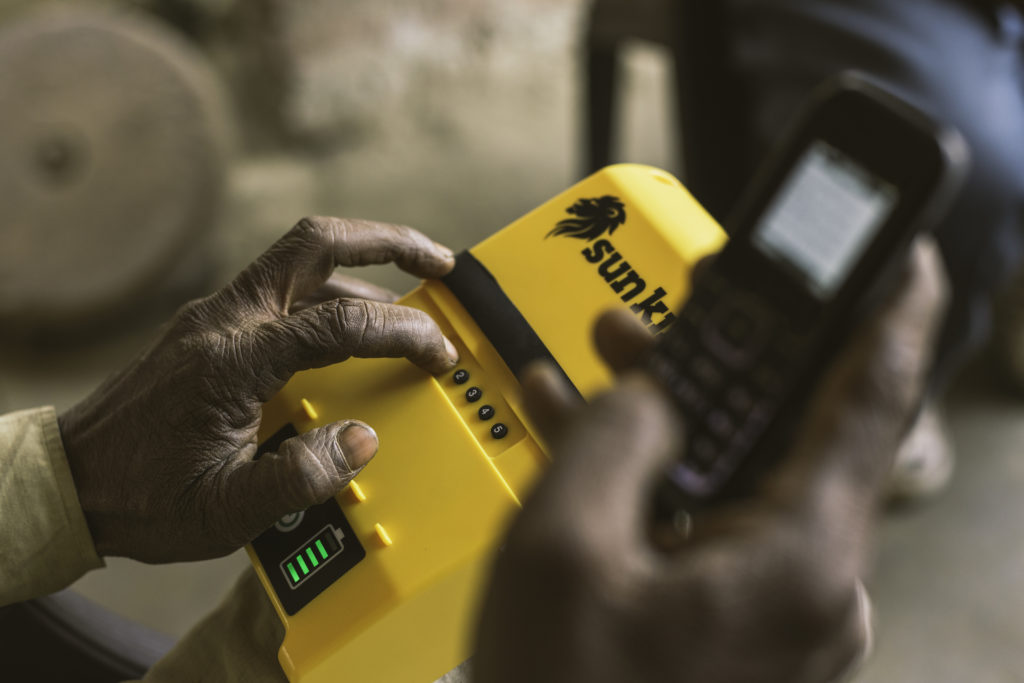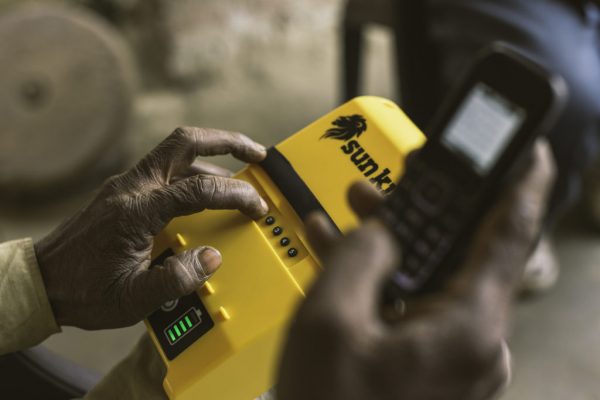The Pay-As-You-Go (PAYGO) model is not a new innovation. However, its application to solving problems bedevilling particular sectors of an economy has caused ground-breaking returns.
Read more about Tech
The energy problem in Africa is as old as some of the countries on the continent. In Nigeria, electric power has never been adequate – the net supply of electricity has always been playing catch up with the energy needs of the people.
When hydroelectric means of generating electricity continued to be inadequate, solar power began together touted as the next alternative. The large amount of sunlight received by Nigeria already made it a viable candidate for solar power. But the problem of affordability of solar power solutions soon came up. The larger poor population of Nigerians who needed alternative power the most could not afford the sign-on cost of acquiring a solar power setup.
Users of off-grid solar products could only use this alternative if they could afford to pay outrightly. However, with the growth of the PAYGO market, the reality is changing.
Electricity consumers no longer have to pay outright for solar products but can provide down payments and pay in periodic instalments for electricity generated.
Solar power solution providers could even afford to incrementally reduce the end-user cost per kilowatt as they onboard more customers on their PAYGO platforms.
The relationship between mobile money and the PAYGO model has been largely mutually beneficial due to the prevalence of mobile money services and mobile money operators.
For instance, as far back as December 2013, the Netherlands based company, Nova Lumos, was awarded a grant to try the development of a mobile-enabled energy service with MTN Nigeria. An MTN and Lumos co-branded service, MTN Mobile Electricity which offers off-grid customers in Nigeria energy-as-a-service via a solar home system was then formed.
Sign up to the Connect Nigeria daily newsletter
This PAYGO model is enabled by the use of airtime credit and GSM-based connectivity to remotely control and monitor the solar home system’s usage, billing and performance.
PAYGO is allowing more users to access sustainable power sources while driving financial inclusion. Data shows existing mobile money account holders ramped up their mobile money usage from 27% to 113%.
As mobile money penetration deepens across markets, an increasing number of companies will adopt the PAYGO model. This is how Lumos has been able to power homes and access their users via MTN enabled mobile payment channels.
The necessary systems must be put in place, however, to ensure the model grows in popularity within the country. Government support via consumer-protection regulations, tax rebate on solar products and so on are other ways the government can offer support.
It is also important that consumers with no previous exposure to consumer financing are well aware of the processes and risks of the unbanked consumers model.
Featured Image Source: Tech Africa News
Got a suggestion? Contact us: [email protected]


